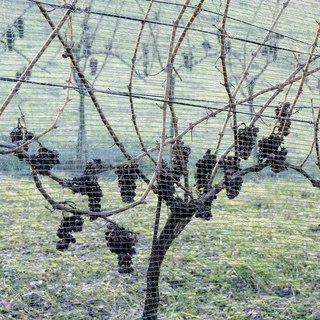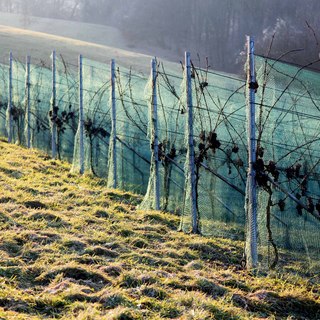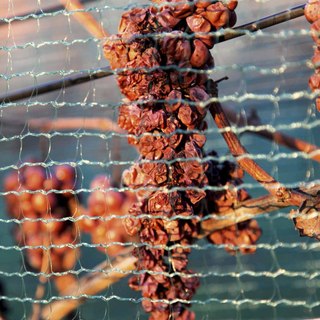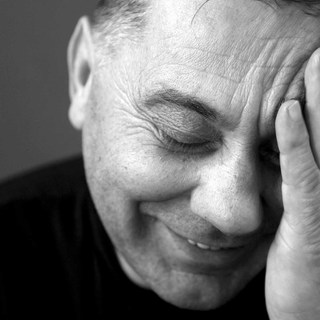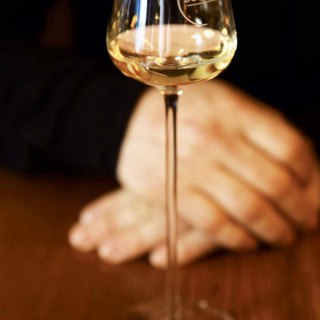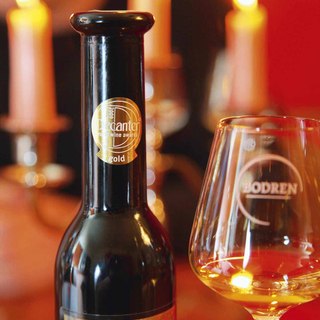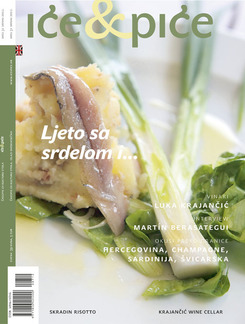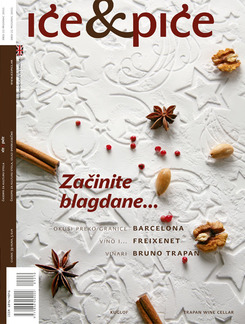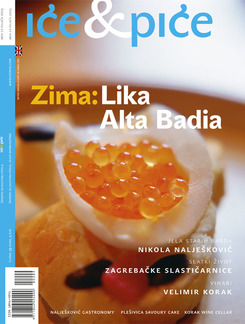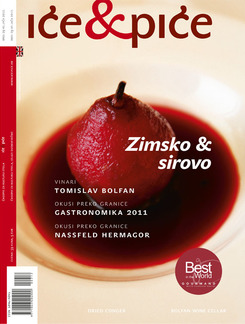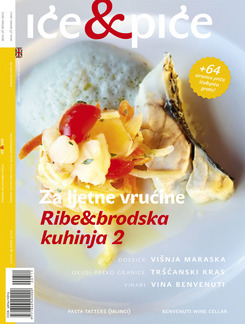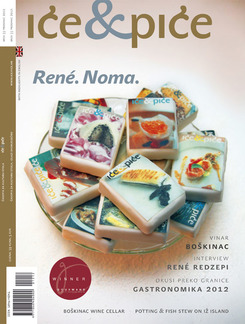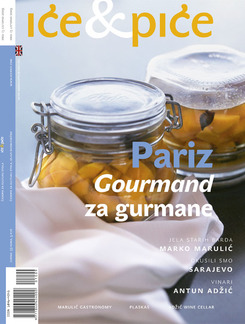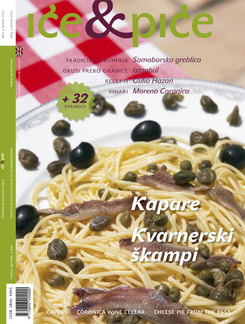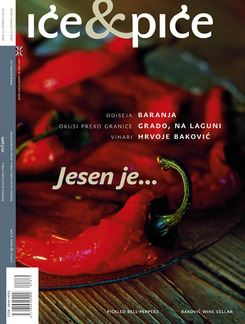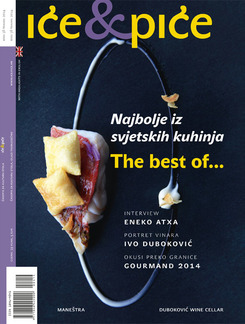Wine Cellar’s ID
Beginnings
This story began so uncommonly and so lightly, like a game, the author and hero of it Boris Drenški might say. When his daughter was born, he bought his first vineyard on the hillocks of Zagorje and made wine for gemischt (white wine and sparkling mineral water). And so on until he made a crucial journey. One that changed everything. Coming back from a Slovenian wine fair, with some friends he dropped into a local restaurant and for the first time met with sweetish and very high quality wines. He tried the late and the select harvests, but it was the ice wine that carried the day. A shock to the system and soul, a line drawn, a curtain and a clear vision. I realised that was the kind of wine I wanted to make. With no weight of tradition and heritage upon him, he set out on the path of the heart. The year 2002 and the first wines from the select harvest, experiment and proof, were an additional spur. He wasn’t discouraged by the 2004 that was picked by the birds, and says with some pride that in 2005 the first ever ice harvest took place in Zagorje. News of the first Decanter Golds won in 2008 spread through Croatia like wildfire, astounded many, and brought a new vinous dimension into the Zagorje hills, icy-sweet, one that lasts and lasts.
Vineyards and varieties
He owns six detached parcels with a total area of 2 hectares and about 7500 vines, and the remaining grapes come from another 1000 vines owned by a relative. They were all bemused when I set out on this way, and wondered when I planted my first Pinot Gris vines, because nobody had ever planted them in the area before. Today I have Rhine Riesling, White and Grey Pinot, Chardonnay, Sauvignon and a bit of Rizvaner. I planted Traminer, but it froze after the planting, I hope it might come into its own next year. What’s the secret? No secret, just a lucky combination of circumstances, the sun and the region. It all happened somehow by chance and in a hurry. A lot of sugar, healthy grapes and a lot of acid that keeps the wine frisky and drinkable. Once a distinguished professor told me that I was just exactly between north and south, the Austrian Alps and the Mediterranean, in a basin that is about some 300 metres above sea level, ideal for wine of this style. A blend of on-the-face-of-it incompatibles occurred. The shortcomings of Zagorje as a wine region, the high acidity produced, were turned to advantage, with a successful result.
Cellar, technology, wines
Predicate wines are obtained from very ripe and to a greater or lesser extent dry grapes, harvested after the usual vintage time, and in exceptional years and special conditions afford a special quality. There are several categories: late harvest, select harvest, select berry, select dry berry and ice wine [according to the German categorisation]. It turned out that people most liked the last two categories, and that’s my current objective, to get the maximum out of every year. I pay heed to nature, keep up with the state of the grapes, and in fact never know what a given year is bringing. When I enlarge my vineyards, my objective will be to do all the categories a bit, because this kind of production is demanding and expensive, and I want a larger set of buyers to have the chance of trying them. In the technology, I don’t follow the rules. They say that ice wine grapes have to be picked at –7 oC, and I do it at –15 oC. And the sugar is always much higher in my practice. I am happy when I hear the frozen berries bashing away in the press, and the thick must starts flowing after an hour, and the flow lasts four to five hours. Practically, there is no cellar at all, everything takes place in the garage, part of the family house, but a new cellar is being constructed. Annual production is from 2,500 to 3,500 small bottles holding 0.25 or 0.375 litres.
Family business
One employee does all the jobs in the cellar and the vineyard, because Boris has a day job that doesn’t allow him to manage them. Wine is still a hobby and I am grateful to my many friends who help me at time of harvest. For them the night-time harvest in the floods is a satisfaction, and they are a lot of help to me. I am so happy that we all take part in something that’s a bit different. The new cellar is also going to include a tasting room.
Philosophy
I got into this business by chance, by force of some interesting circumstances. This is still a big, sweet game, and I want it to stay that way. When I see how happy people are when they are trying out my wine I think... let’s get on with it, I can do it better and better. It’s never good enough for me. I have always wanted to be different from the others. When nobody believed in my story, I did so. I like criticism, positive and negative. I learned most from my mistakes, still am doing, and in this way I am building up my style, an identifiable style. My harvest takes place at night, which is a good deal more difficult. Night, I say jokingly, has its own might, and it holds water, i.e. guarantees the greatest cold. The wines of the 2009 vintage, still not on the market, are the closest to the style and direction I want to go in. They say I am a visionary; I say, in this job, and in life anyway, it’s not possible to do anything different.
Future
There are plans and ideas aplenty in the visionary style. On an extra 5 hectares of land, new vineyards will soon be planted, with varieties already tested out. If a strategic partner appears, the ice-sweet wine fairy tale could soon take on additional contents. I am keen on building a wine wellness facility to breathe new charm into this region. I know that cosmetics and preparations from grapes and wines are getting increasing attention in the world, and why not then, I wonder, in this Zagorje of ours? People are afraid of new ideas, but not me. Exports? I would like some few people around the world to taste my wines, but exporting is not an imperative. I send my wines to competitions in London to get a certain quality certificate, but then I sell them at home, and I want it to stay like that. A top quality product will always find a buyer, particularly when the maker really loves and believes in what he is doing. Boris, a vinous bow to you... for your ideas, courage and vision.
